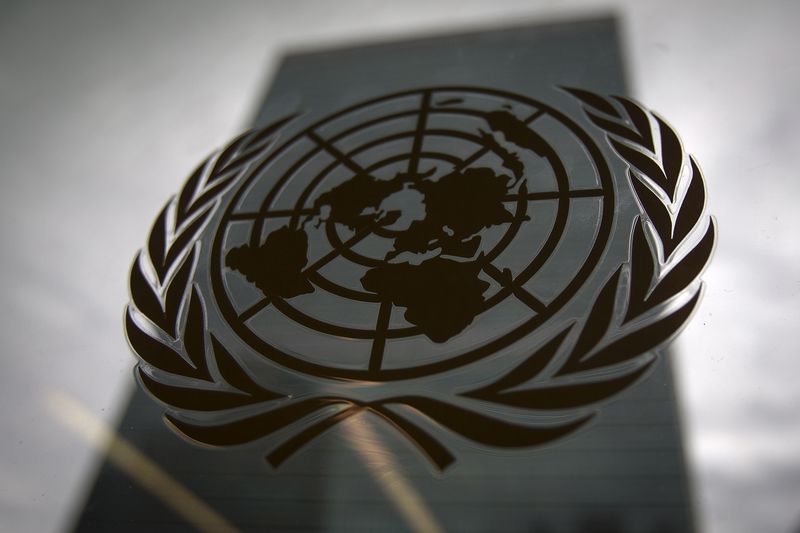GENEVA (Reuters) - There has been no new wave of killings prompted by the Philippines' war on drugs, and reports to the contrary are "alternative facts", an ally of President Rodrigo Duterte told the U.N. Human Rights Council on Monday.
Duterte has received widespread condemnation in the West for failing to curtail the killings and address activists' allegations of systematic, state-sponsored murders by police of drug users and dealers, which the authorities reject.
Senator Alan Peter Cayetano said there had been 11,000-16,000 killings per year under previous administrations, but a change in the definition of extra-judicial killings by the Philippine Commission on Human Rights and other critics of Duterte's policies had deceived the public.
“There is no new wave of killings in the Philippines, just a political tactic of changing definitions,” Cayetano said at a U.N. review of the Philippines' human rights record in Geneva.
"Make no mistake, any death or killing is one too much. However, there is a deliberate attempt to include all homicides as EJKs (extra-judicial killings) or killings related to the campaign against criminality and illegal drugs, and that these are state-sponsored, which is simply not true."
Since Duterte took office 10 months ago promising an unrelenting campaign to rid the Philippines of drugs, there have been 9,432 homicide cases, including 2,692 deaths from "presumed legitimate law enforcement operations", Cayetano said.
Any such death was presumed legitimate under the law, but it was automatically subject of investigation, he said. Duterte has a zero tolerance policy towards abuse of power by the police, Cayetano said.
Authorities say police are only responsible for deaths that were in self-defence during anti-drugs operations. They say the thousands of mysterious murders of drug users are the work of vigilantes or rival drugs gangs.
That is rejected by human rights groups, who say most of those killings follow the same pattern and allege they were carried out by police or hired assassins, while executions were often presented as police killings in self-defence.
The U.N. scrutiny is likely to add to pressure on Duterte, and his domestic opponents will be able to cite it as international criticism of his policies.
The authorities strongly reject allegations of wrongdoing.
"Allow me to take this opportunity to present to you true facts and real numbers instead of alternative facts which, unfortunately, have been spread by critics of the Duterte administration," Cayetano said.
The police had arrested 64,917 "drug personalities", Cayetano said. "Arrested, your excellencies, not killed."
China's ambassador Ma Zhaoxu congratulated Duterte's administration on its "remarkable achievements" in protecting human rights and said Beijing supported his "holistic campaign" against drugs.
The Vatican representative Mauro Cionini said disappearances and extra-judicial killings were "deeply troubling".
